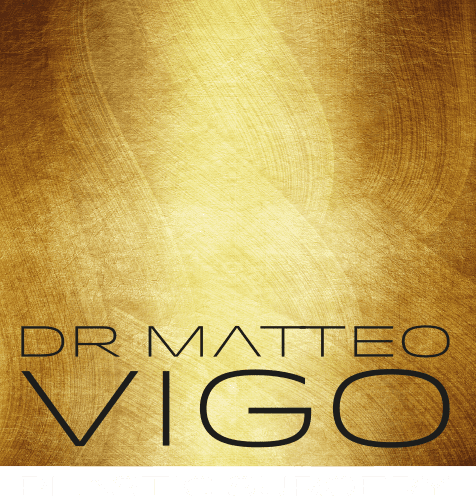IMPROVING LOOSE SKIN AFTER WEIGHT LOSS
Tummy Tuck Dubai | 26 October 2023
By eliminating excess, loose skin and fat and strengthening the muscles in your abdominal wall, an abdominoplasty can reduce the circumference of your waist. Furthermore, it may lessen your lower stomach’s stretch marks, albeit not completely. Large core regions and weak muscles at any age change the body’s structure; this is especially true after pregnancy and dramatic weight reduction. The majority of patients reported feeling more confidence as a result of utilising this strategy.
Considering that losing abdominal fat, extra skin, or stretch marks won’t be possible with diet and exercise alone. supposing that your mid-region’s health has been impacted by pregnancy or major weight loss. if you think your bulging stomach looks unattractive.
This procedure will be done by your surgeon, who will also use sutures to straighten your abs after removing the loose stomach skin. Your doctor will examine your abdomen to locate your new navel, the incision sites, and the centre of your stomach. A topical anaesthetic called lidocaine will be administered along with epinephrine, a vasoconstrictor that prevents bleeding by constricting veins.
The crucial stomach fold will be sliced from one hipbone to the next over the pubic hill. Your navel is sliced once more during a complete abdominoplasty. Your surgeon will choose for a more restricted cut in a belly fold that is smaller than average.
The position of your navel will then be stamped by your specialist. Even after the skin around it has been repositioned, the navel typically stays in the same place. The expert cuts a hole in your skin and rewraps it around your navel while simultaneously sewing it. To seal the access locations, your expert will use tissue sticks, stitches, staples, or Steri-Strips.
The surgeon would often implant at least one channel during a complete abdominoplasty to prevent liquid accumulation that might strain the cut. The channel is an oval-shaped, sturdy plastic cylinder that enters the body through a very small hole just below the original incision.
